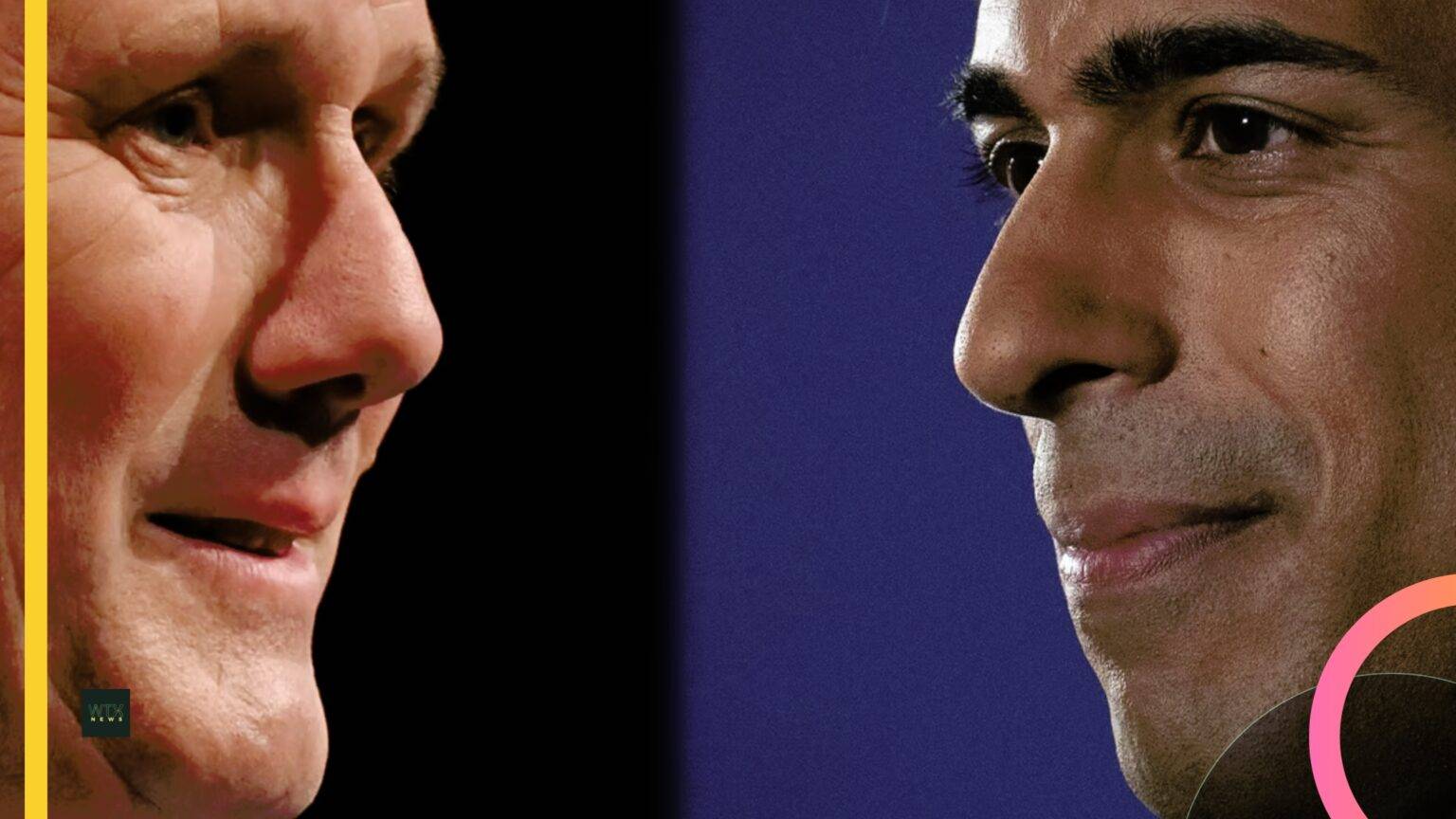UK political parties are grabbing data, just ahead of the 2024 general election
Prime Minister Rishi Sunak has set an election date (sort of) ruling out an election in the first half of the year – that’s his “working assumption” anyway.
The phrase “working assumption” does give Sunak wriggle room should circumstances change, and he has not ruled out a spring election.
But experts suggest a Mid-November election is most likely and with the Tories still trailing behind Labour by around 20 points in the polls, the longer Sunak can drag the year out, the better chance it’ll be for him.
Polling suggests that despite the Tory noise around immigration, it’s the economy and the NHS that are the two top concerns for the British public.
UK ‘dirty tricks’ politics
British politics is no stranger to “dirty tricks” – the 2019 election was dogged by low moments, from fake fact-checking websites to outright lies from politicians, whilst the UK has strict regulations over electoral politics and campaign ads on TV but on digital and social media, there are no rules.
And it appears the dirty tactics are back in action – the latest truck was highlighted with a community note on the website X (formerly known as Twitter).
“Classic data-grabbing”
IT law professor Paul Bernal described the Tory ploy as: “See the community note: this is classic data-grabbing and @ICOnews should be stopping it.”
In short, the Tory “Tax calculator” they’re encouraging you to use online – to find out how much tax you’ll save thanks to the Tories (apparently) – is some sort of data-collecting exercise, to help better the Conservative Party’s chances of winning you over in the next election.
One X user said: “There should be a law against political parties tricking the electorate into signing up to their mailing list imho. Grubby, dishonest behaviour.”
But it’s not just the Tories, Labour are up to their old tricks as well, namely their own tax calculator to get your details.
It’s called the “Tory tax calculator”, an online tool that’s supposed to highlight the impacts of the Tories on your salary. But you’ll have to put in your contact details to find out just how badly the Tories have screwed you.
It’s a political tactic that’s been in use for some time, although few still understand it.
Experts have expressed their concerns over the impact that AI and misinformation will have this year. It’s the first election year where generative AI tools such as ChatGPT and deep fake images are mainstream. In short, if 2019 was a hellscape, 2024 will be even worse.
AI and misinformation fears
The year ahead could see more than two billion people across 50 countries head to the polling station – a record high.
The UK will hold its general election (must be held before January 2025), the US will be voting for their next president in November, and India – the most populous country, will also vote in its next prime minister.
Deepfakes are a major concern ahead of the busy election year. Joe Biden, Donald Trump, Ukraine’s Volodymyr Zelenskyy and Labour leader Sir Keir Starmer have already fallen victim to deepfakes.
The fear is that with deep fakes and generative AI, misinformation could spread “at a much bigger scale” in the run-up to 2024’s elections.
No trust in politicians
If there’s a fear over misinformation spreading thanks to AI, the news that the British public has no trust in politicians won’t make the election any easier.
In December 2023, the polling company Ipsos said:
Trust in politicians reaches its lowest score in 40 years
Just nine per cent of the British public say they trust politicians to tell the truth, down from twelve per cent in 2022. This makes them the least trusted profession in Britain*. Although trust in politicians is usually low, this years’ score is the lowest for politicians since the first wave of the survey in 1983; aside from 2022 the previous low was a score of 13%, which occurred in 2009 following the expenses scandal.
Ipsos
2024 is set to be a busy year and a potentially stressful one at that. As AI and technology further deepen themselves into our everyday lives, it is getting harder to dissect what’s the truth and what’s not – and with politicians still up to their old dirty tricks, we’re left wondering, what comes next.


